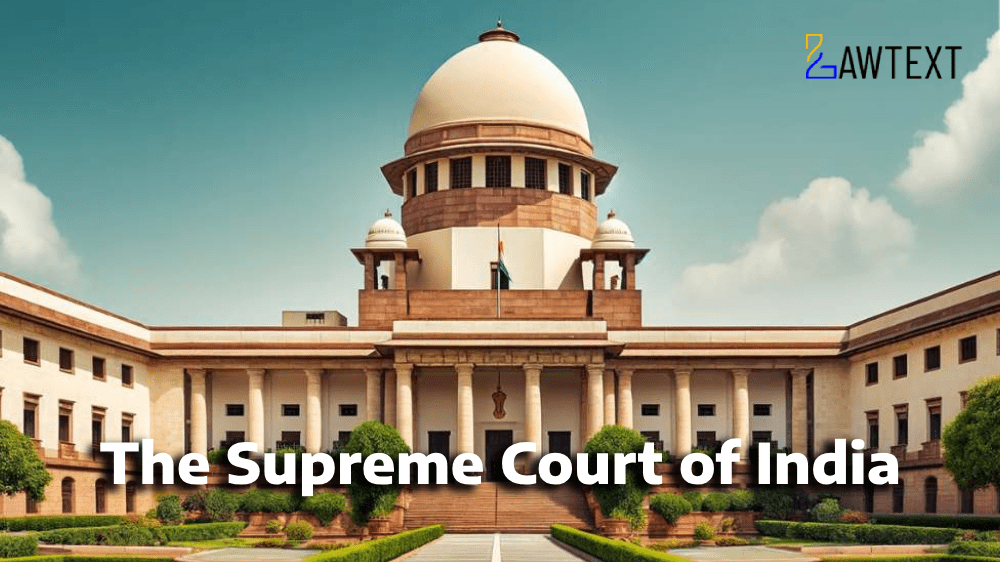CASE NOTE & SUMMARY
1. Factual Background
- Incident: A 10-year-old victim was raped and murdered on May 27, 2009, at a tubewell cabin operated by the appellant, Ashok.
- Prosecution’s Allegation: The appellant lured the victim into the cabin under the pretext of providing water and committed the crimes.
- Eyewitness: The victim's 7-year-old cousin (PW-2) allegedly witnessed part of the incident.
2. Trial Court Judgment
- Conviction: Appellant convicted under IPC Sections 376 (rape), 302 (murder), and 201 (causing disappearance of evidence), along with Section 3(2)(v) of the SC/ST Act.
- Sentence: Death penalty imposed.
3. High Court's Decision
- Conviction Upheld: High Court confirmed the conviction.
- Modification: Death penalty reduced to life imprisonment for the appellant's natural life.
4. Supreme Court Appeal
- Key Issues Raised:
- Eyewitness testimony lacked credibility.
- Material evidence was not put to the appellant during Section 313 CrPC examination.
- Quality of legal aid provided was inadequate.
- Procedural lapses in framing charges and during trial.
5. Procedural and Legal Irregularities Identified
- Section 313 CrPC Non-Compliance:
- Key incriminating evidence and testimonies were not put to the appellant, prejudicing his defense.
- Lack of Legal Aid:
- Appellant was unrepresented during crucial trial stages, including framing of charges and examination of key witnesses.
- Quality of legal aid provided was subpar.
6. Right to Fair Trial and Legal Representation
- Violation of Article 21 (right to life and liberty) and Article 39-A (free legal aid).
- Procedural fairness, including adequate legal assistance, is integral to ensuring justice.
7. Final Judgment by Supreme Court
- Acquittal:
- Failure to comply with Section 313 CrPC and provide fair legal aid led to setting aside the conviction.
- Appellant acquitted of all charges.
Acts and Sections Discussed
-
Indian Penal Code (IPC):
- Section 376: Rape.
- Section 302: Murder.
- Section 201: Causing disappearance of evidence.
-
Scheduled Castes and Scheduled Tribes (Prevention of Atrocities) Act, 1989:
- Section 3(2)(v): Atrocities against SC/ST victims.
-
Code of Criminal Procedure (CrPC):
- Section 313: Examination of accused.
- Section 304: Legal aid for the accused.
-
Indian Evidence Act, 1872:
- Section 27: Admissibility of confessions leading to discovery.
Ratio Decidendi:
The Supreme Court underscored the primacy of procedural fairness in criminal trials, highlighting that:
- Failure to examine the accused under Section 313 CrPC on all material points violates his right to a defense.
- Effective legal aid is a fundamental right guaranteed under Article 21.
- Procedural lapses and inadequate legal representation render the trial unfair, necessitating acquittal.
Subjects:
Criminal Law, Procedural Fairness, Legal Aid, Death Penalty Jurisprudence
Fair Trial, Legal Aid, Section 313 CrPC, SC/ST Act, Death Penalty, Procedural Justice.
Citation: 2024 LawText (SC) (12) 20
Case Number: CRIMINAL APPEAL NO. 771 OF 2024
Date of Decision: 2024-12-02
Case Title: ASHOK VERSUS STATE OF UTTAR PRADESH
Before Judge: (Abhay S. Oka J. , Ahsanuddin Amanullah J. , Augustine George Masih J.)
Appellant: ASHOK
Respondent: STATE OF UTTAR PRADESH

